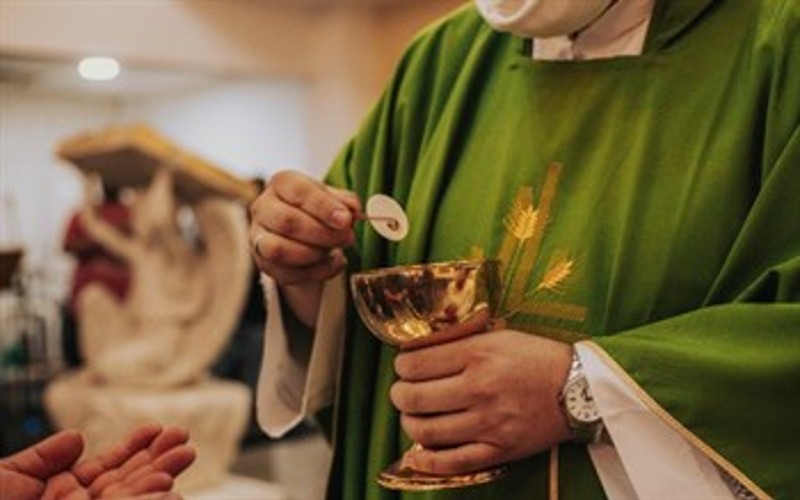The push for HB 2171 had to do with how churches were treated in the early days of COVID-19. People were told they could not gather together for in-person worship, but those same people were free to shop together in certain stores or businesses.
"This is critical for religious freedom, religious liberty here in the Commonwealth of Virginia," says Dr. Todd Gathje of The Family Foundation of Virginia. "We could not be more thrilled and commend the governor and General Assembly on the signing of this bill."

According to a press release from Governor Glenn Youngkin, HB 2171 "provides that no rule, regulation, or order issued by the governor or other governmental entity pursuant to the Commonwealth of Virginia Emergency Services and Disaster Law shall impose restrictions on the operation of a place of worship that are more restrictive than the restrictions imposed on any other business, organization, or activity."
Attorney Greg Chafuen of Alliance Defending Freedom (ADF) pushed hard for the bill.
"Public officials have the authority and the great responsibility to protect health and public safety for all of its residents," he acknowledges. "Every state addressed the pandemic in different ways, but unfortunately, in far too many states when the governors were doing that, they forgot to take account of the important religious freedom protections that our Constitution provides us."

Following the pandemic, Chafuen says many state legislatures did protect the free exercise of religion in their states by ensuring that the governor would not use emergency powers to treat religious liberty rights worse than how they treat all the businesses that were allowed to remain open. Some have passed laws protecting churches from discrimination during emergencies, going so far as to protect any religious activity.
The Virginia law, however, only focuses on houses of worship.
"Could the Commonwealth go further? Yes. But at the very least, this needs to be protected," Chafuen submits. "I think we saw that with the bipartisan support it received. They voted 35-5 in the Senate here, which is great news."
Whether at the federal or the state level, Gathje adds that government should not interfere with religion.
"John Adams wrote in a letter in 1812 to Benjamin Rush that there's nothing more dreaded than the national government meddling with religion," Gathje references. "I think the same could be said at the state level whenever a state government interferes with a person's ability to freely worship their religion, their faith."
He concludes that HB 2171 attempts to correct what the previous administration attempted to do.














